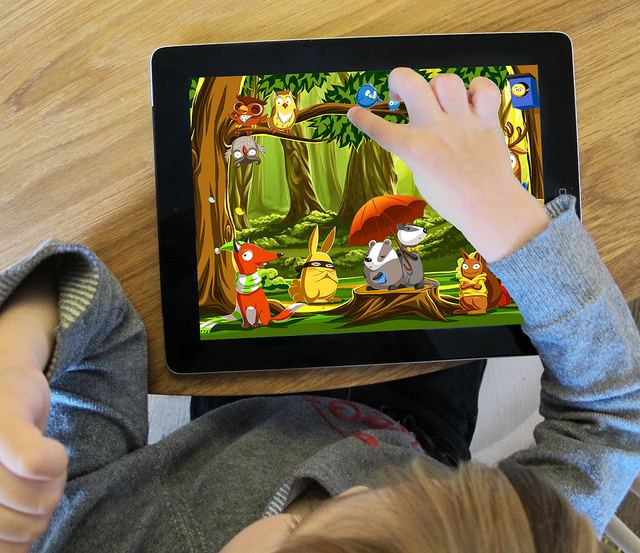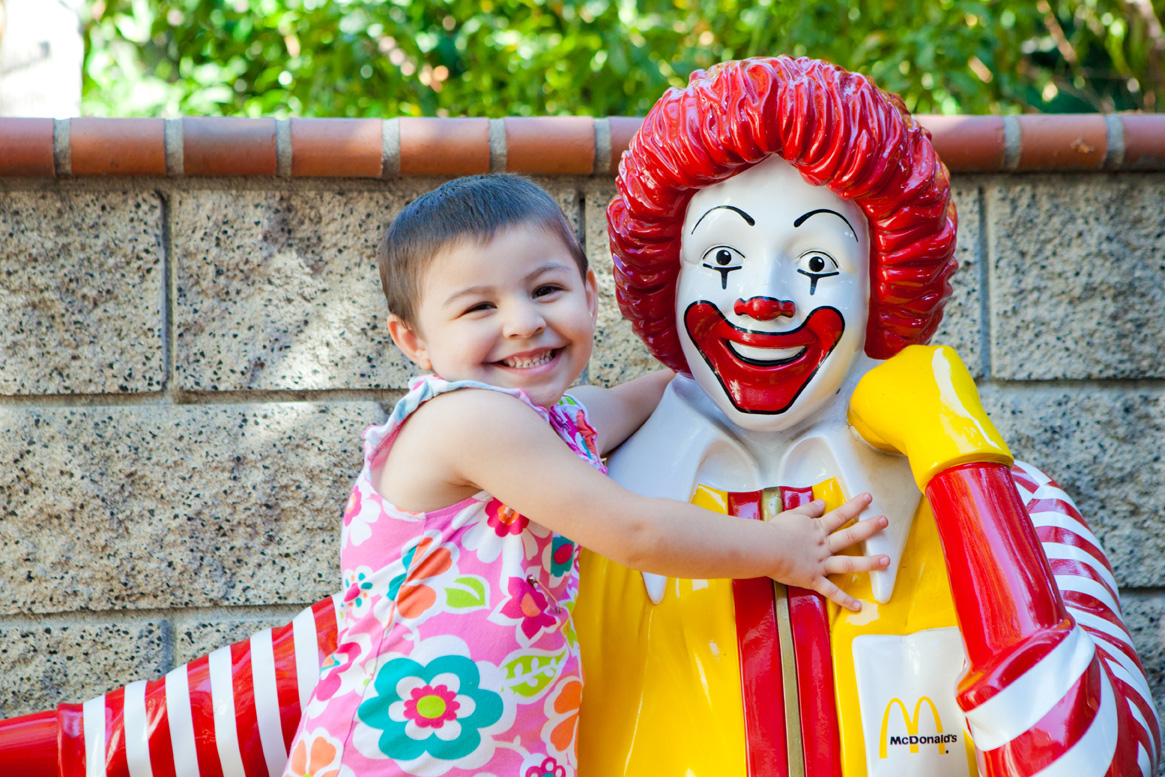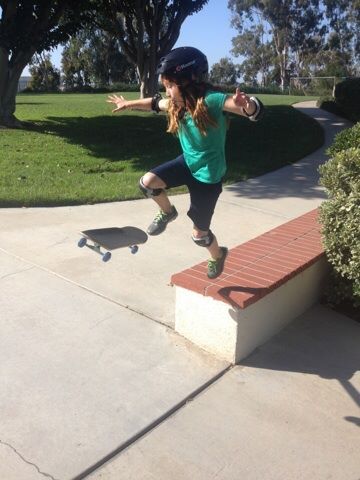
Parenting :: PBS Kids Survey Finds Tablets on the Top of Parents’ List
PBS KIDS PARENT SURVEY FINDS MORE THAN HALF OF PARENTS PLAN HOLIDAY TECH PURCHASES, WITH TABLETS AT THE TOP OF PARENTS’ LISTS
Recently, PBS Kids did a survey that found that at the top of many parents holiday list is purchasing a tablet for their children which edged-out video game consoles and hand-held video games. Since these tablets offer so many educational apps that parents and educators can use to supplement schoolwork, it makes sense that parents would want to put their money towards something that will enhance their kids education. In fact the study found that when considering apps, 77% of parents say educational content is most important. My husband and I let our daughter spend some time on the iPad after she finishes her homework, and she will usually ask to play Minecraft. Since she is building whole cities and using her imagination, I feel fine about her spending some of her free time on the iPad. Sometimes, I will tell her to try out a math or reading app while we are driving in the car so we can practice it together.
In the study, parents cited educational content, age recommendations, price and characters their kids know and love as important factors when choosing apps. PBS KIDS has a catalogue of high-quality educational apps that have proven results in helping children learn. Last month, a new study from Education Development Center and SRI International that found classroom use of PBS KIDS content significantly increased essential early math skills among four- and five-year-old children.
With the explosion of mobile media use among kids, nearly 7 in 10 parents say they currently purchase or plan to purchase apps for their children. When selecting apps, parents say educational content is their top priority, with 77% of parents citing educational content as an important factor, and 90% of parents stating they believe that educational apps will play an important role in children’s learning in the future.
“There’s a vast and ever-growing population of young children who have ready access to mobile media and, as many parents recognize, that presents an important opportunity to utilize tablets and smartphones to advance children’s learning,” said Lesli Rotenberg, General Manager, Children’s Programming, PBS. “It’s essential that parents think through what kind of apps, online games and video content they make available to their kids. This is one important reason why PBS KIDS has been so innovative in making sure our high-quality, research-based educational content is available across digital platforms to provide a deeper learning experience for today’s learners.”
Tips for Parents Choosing Apps
PBS KIDS, the number-one and most trusted kids’ educational media brand and the source of educational media used most often by preschool teachers, offers these five tips to help parents navigate successful selection and use of apps:
- Think about what your child is passionate about: Look for content that builds on your child’s excitement. Media should engage kids and spark their curiosity about the world around them.
- Distinguish what is truly educational: Consider whether the content of the app is curriculum and research-based. Mobile platforms can amplify learning gains for children.
- Develop a media plan for your family: A balanced media diet includes setting limits. This is also something that parents can keep in mind, too, as kids often model their parents’ behavior.
- Play together: For kids 2 and up, apps are another opportunity to explore with your child. Talking with kids about the game or activity as you play offers both the opportunity to bond as a family and also identify teachable moments.
- Avoid apps that try to sell: Select apps from trusted, reliable sources, and make sure that they are not trying to market to your child.
Other Key PBS KIDS Parent Survey Findings
- Six in 10 parents collaborate with their child to select apps, while a third of parents say they make the choice themselves.
- When selecting games and apps for their children, over half of parents (56%) base their decisions on age recommendations.
- In addition to educational content, 56% of parents pointed to price and 45% cited characters their kids know and love as important factors when choosing apps.
PBS KIDS offers more than 25 different educational apps, many of them free – such as PBS Parents Play & Learn. The new PBSKIDS.org has been designed specifically to serve the increasing numbers of children interacting with our educational programing on mobile devices. PBSKIDS.org is the number one site for total time spent watching kids video online, with the PBS KIDS Video app available free for both iOS and Android devices.
PBS KIDS Parent Survey Methodology
The 2013 PBS KIDS Parent Survey was conducted by ORCInternational, November 6-11, 2013. A sampling of 1,000 US parents of children ages 2-10, including 500 men and 500 women ages 18 and older, participated in the online survey.
Photo courtesy of Flickr:
0




